I realize that many of you have to deal with papers a lot longer than this, but eight-page papers still stink! I've only had to do one eight-page paper so far in my academic career, but now I'll have to do three this semester. Going through this process, I've picked up a few tips that have helped me along the way. These tips are fairly basic, so they could work for longer or shorter papers. You guys can adjust them however you need. Keep in mind that this is what helps me. Everyone has a different strategy when it comes to academics, and writing papers is no different. I hope these tips help or at least inspire you to find some for yourself.
Without further ado, here are some ways to survive an eight-page paper:
1. Give yourself time.
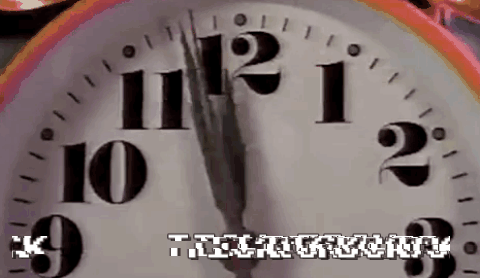
Time? What is that? No one has time anymore! Although this is true, it's also true that you'll need some time to prepare. This can be however long you like - even an extra day can be helpful. What matters is that you don't do it all the night before. For most people, the stress is just gonna take over, and you'll just write a bunch of nonsense. If you work well the night before, then try to start on it earlier in the day than midnight. You still need your sleep.
I like to try to start planning a week or two in advance, depending on the length and subject matter of the paper. This gives me time to really think about my topic and how I want to approach it.
2. Plan it out.
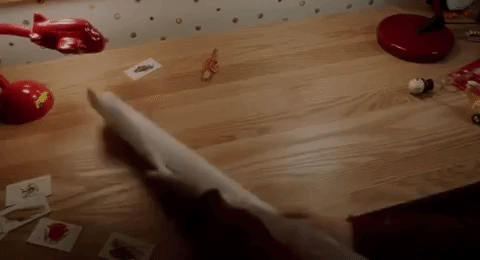
You could make an outline, a flow chart, or anything you want to help you organize your thoughts. Even if you're writing your paper the night before, you can do this step and see a difference in the clarity of how you write. It may even save you some time writing in the long run. The more you have planned out ahead of time, the less time it'll take to actually write the thing. You may even want to make multiple outlines if you're feeling organizational.
What about the people who write best when they just go for it and start writing? That can work for some people, but you still need to watch your organization. This will increase the time you'll need to spend editing, so try making markers on your paragraphs to indicate what their topic is. This'll make it easier to identify them as you're editing. You can move them around, add some more, or delete ones you don't need.
3. Talk to your professor.

I don't usually ask my professors for help (which is stupid, btw - professors want to help their students), but I decided I'd give it a try this time. I can't believe how much it helped! I felt more confident in what I was doing and got some good ideas from my professor. It also helped just to talk about my thoughts and to try to organize them and explain them. Your professors have office hours for this specific reason!
4. Write a rough draft.

This probably isn't the kind of thing you can do the night before, but it is something that'll help you out. The more solid your rough draft is, the less you'll have to do later. If you planned it out and kept yourself organized, you should have a pretty decent idea of where you're going.
One thing I've found helpful with rough drafts is color coding the sentences (topic sentences are red, support is green, etc.). This may seem a bit extra, so feel free not to take up this tip if it doesn't help, but I'd suggest giving it a try. It'll help you stay organized (if you couldn't tell, that's a pretty important thing for a paper). You can see which paragraphs need more support or need a better transitional statement.
5. Create a second outline.
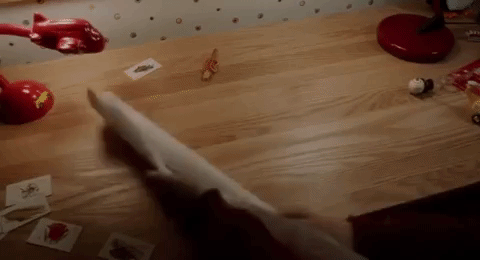
For those of you who hate outlines, I apologize for mentioning them again. What I've found helpful is creating a second outline alongside making my rough draft. If you decided to mark your paragraphs, having an outline will help you figure out which paragraph is which. You'll be able to move things around and adjust them easier.
6. Step away.
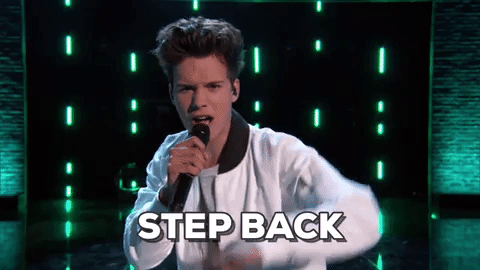
Again, this isn't the kind of thing you can do the night before. You'll need at least a day to do this, maybe more, depending on how much time you gave yourself. Stepping away and coming back with a fresh pair of eyes will help you see the mistakes you may have made while you were typing your paper at two in the morning. It'll be as if someone else were reading your paper - you'll have a more objective view.
7. Critique and edit.
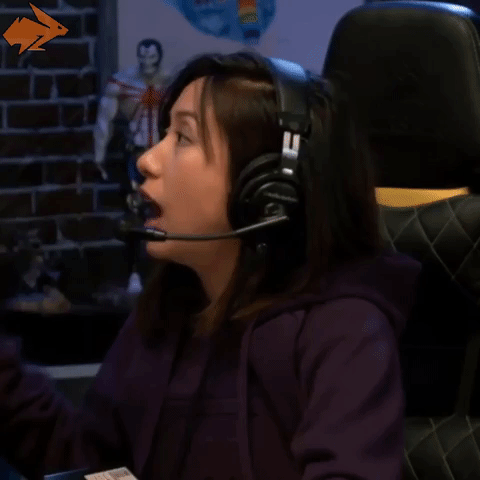
I would suggest editing your paper some before you turn it in for critique, but no matter what, TURN YOUR PAPER IN FOR CRITIQUE. Even if you've stepped away and come back with fresh eyes, you're still going to be biased enough to not understand what your professor won't understand. If there are critiquing programs at your school, give them a try. I know I definitely wish I'd done that for my past papers.
8. Use as much time as you need.
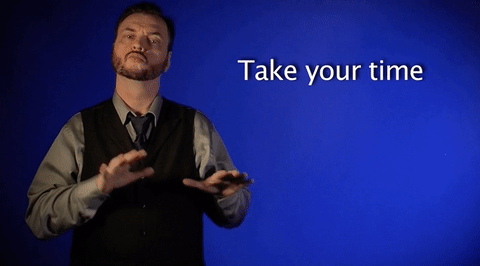
There are benefits to turning your stuff in early. If something goes wrong, you'll still have time to fix it. Yes, be sure to submit your paper before 11:58 p.m. What this tip is saying is that you shouldn't worry about turning it in days before it's due if you need more time to work on it. You can turn it in early if you have a whole bunch of other stuff to do and need to get this one thing done, but if you have the time, use it for editing or getting more critiques on your paper or asking your professor a few more questions. Even if you're sick and tired of this paper, do your absolute best on it!
I don't even follow all of these tips all the time, but the ones I do follow help me a lot. I encourage you to try finding your own methods for writing papers. It's something you gotta do, so you might as well do it well.
Good luck!



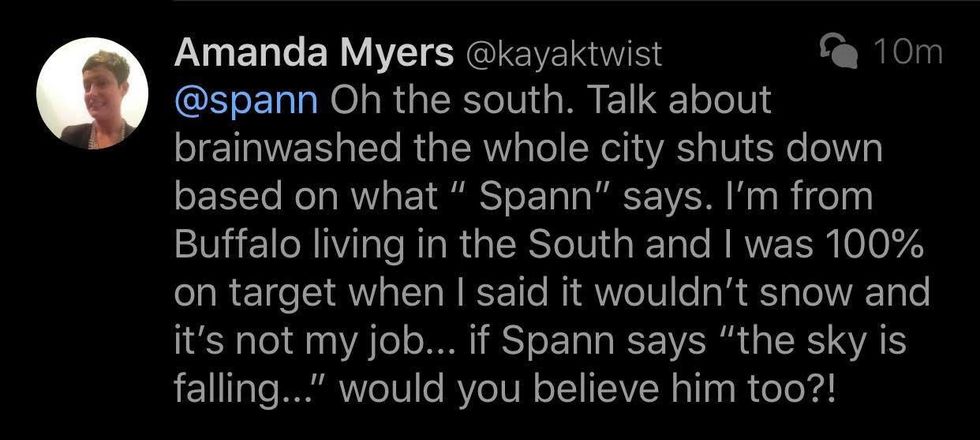

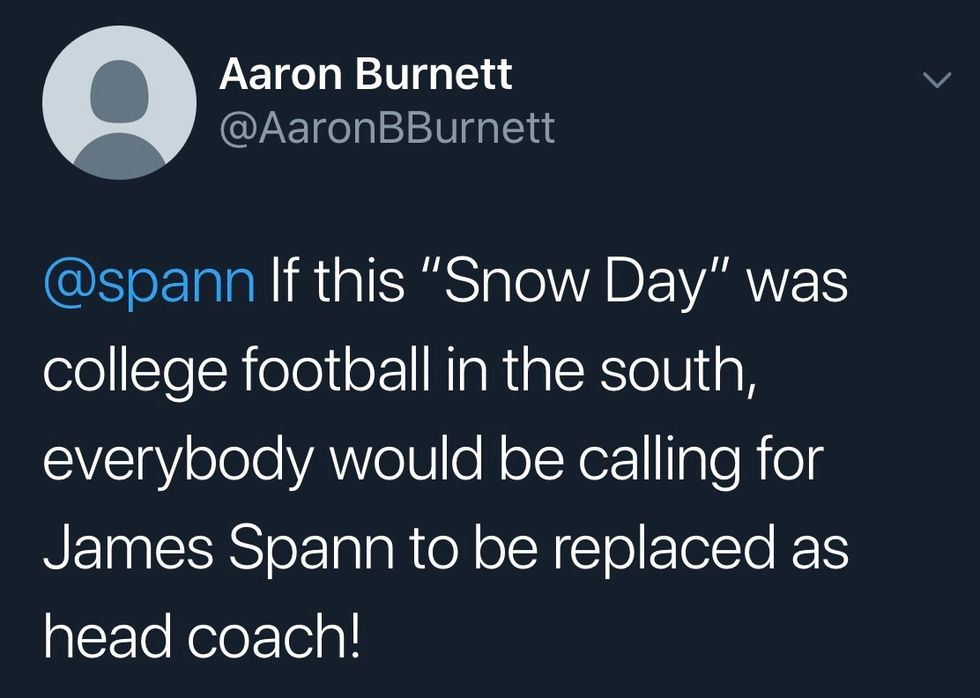



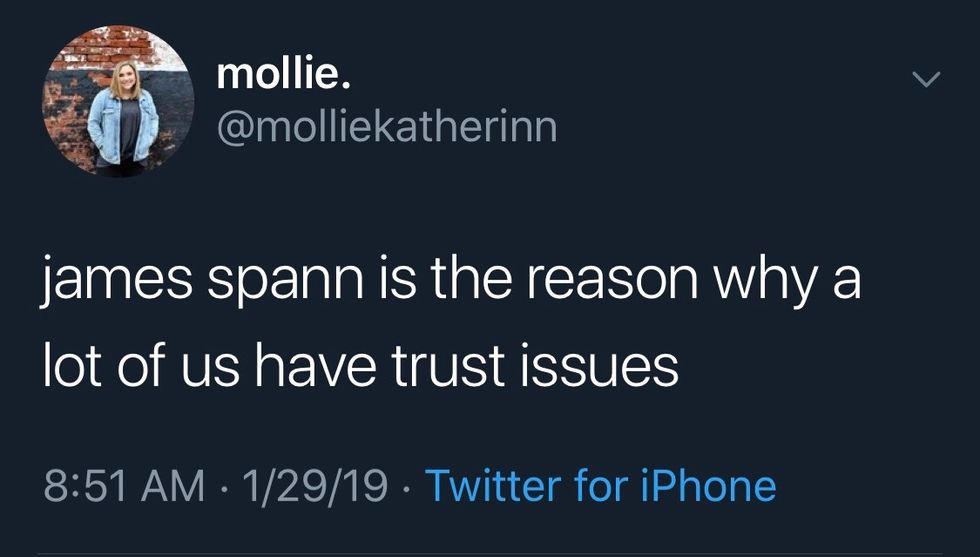


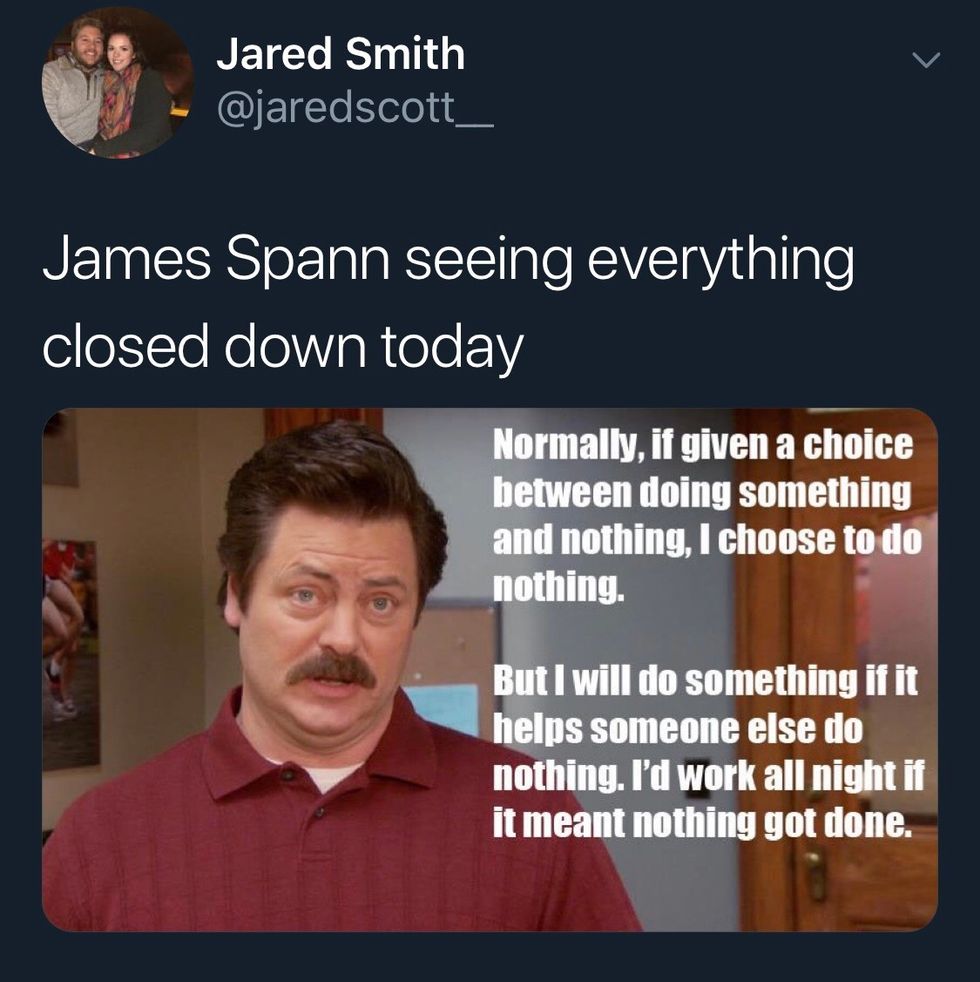

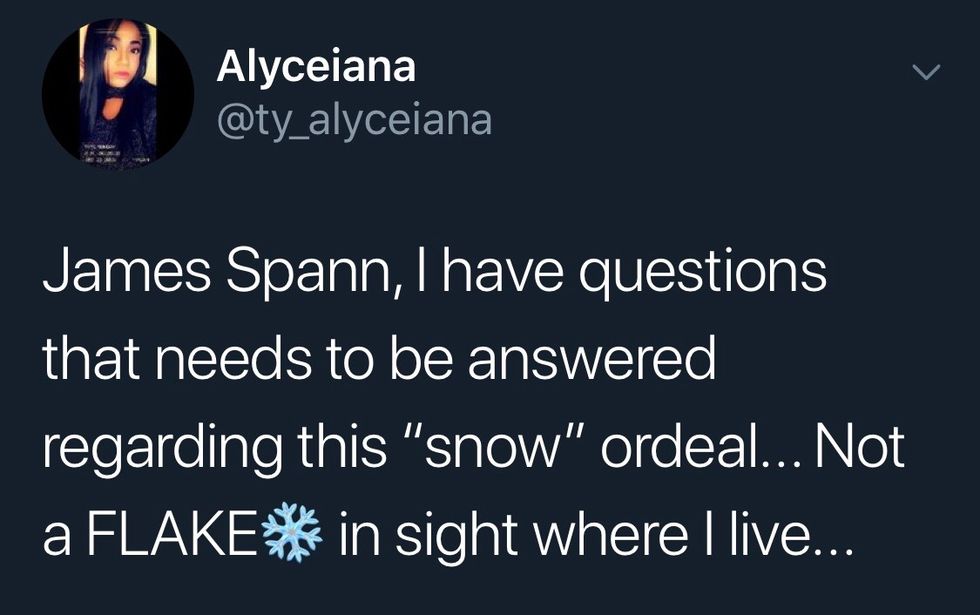
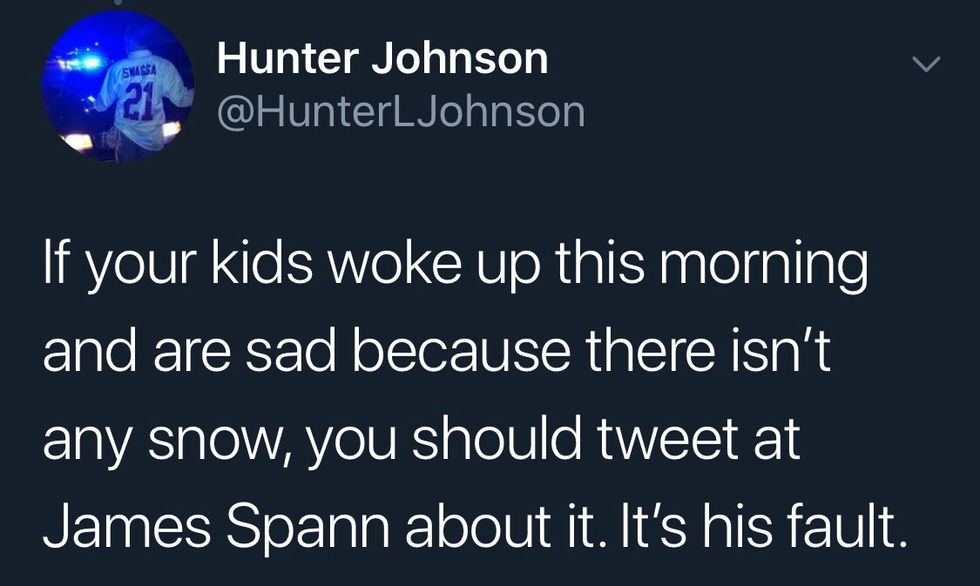


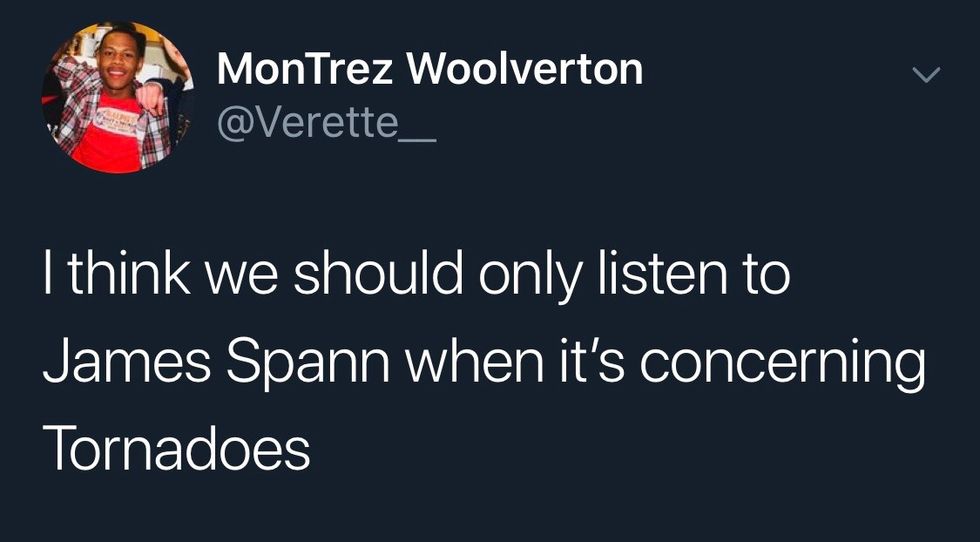
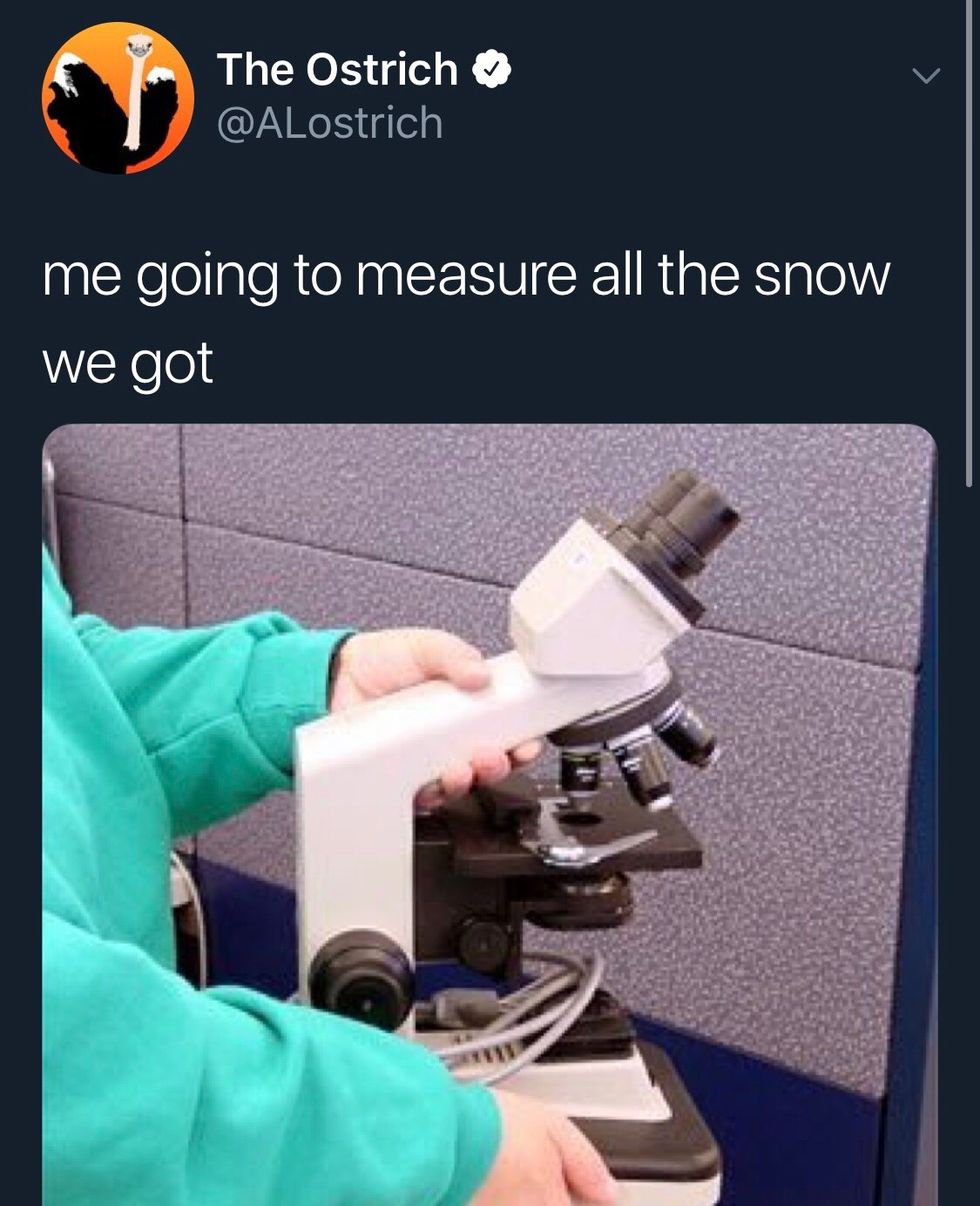


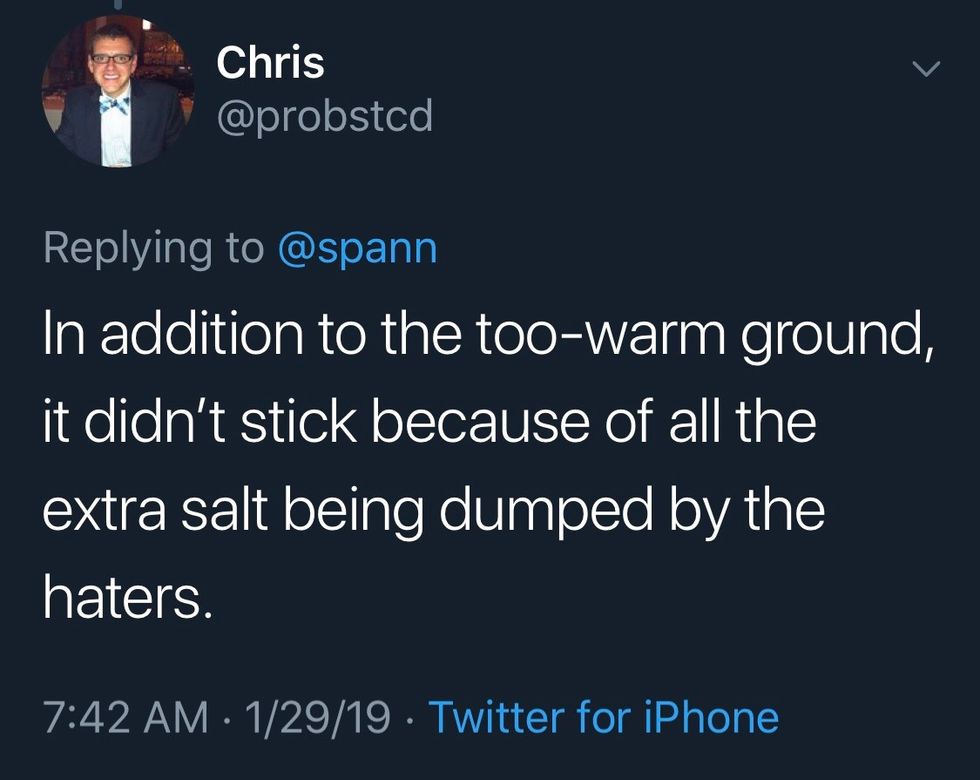

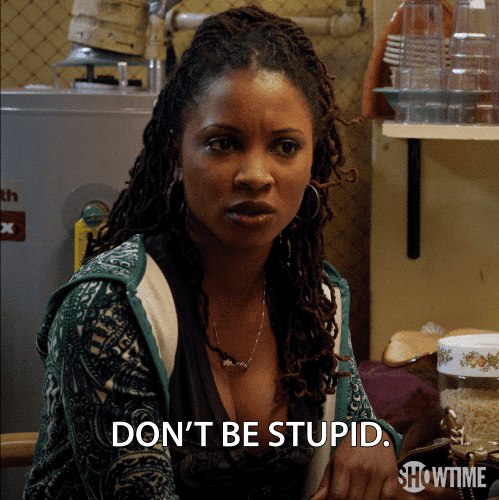
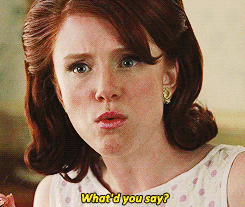



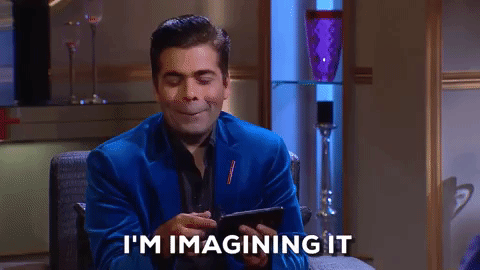

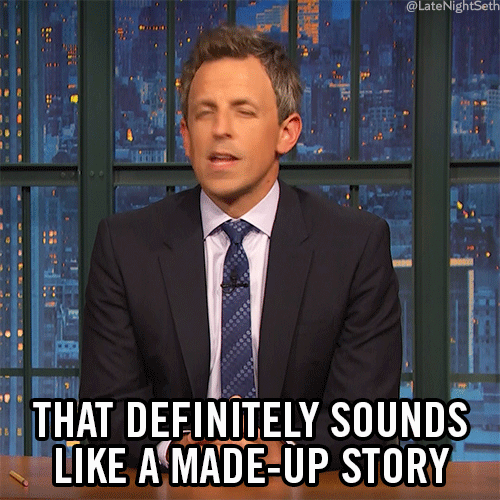
























What I Learned From Getting Personal Hate Mail About An Article I Wrote
It's true, the pen is mightier than the sword.
After I wrote about Tim Tebow chastizing the University of Alabama students for leaving football games before the end, I experienced my first encounter with hate mail. But it didn't seem all that personal, because I didn't know Tim Tebow or the people who responded. And, my life wasn't negatively impacted by Tim Tebow.
Fast forward to the present. I received my first personal hate mail. But this time, it was personal. Someone I know who had a very different experience with the teacher I previously wrote about, sent me a message calling my article "shallow and unnecessary." The message went on to say that I should, "move on with my life. [The teacher] may not have done much for you but she most definitely did so much for me personally and school wise."
The messenger went on to say that she had lost all respect for me and thinks what I wrote was horrible and immature. The message ended with, "You're disgusting. I am all for freedom of speech but she didn't deserve any of that. Grow up."
Wow, this completely caught me off guard for so many reasons.
First, I know my articles are out there on the world wide web, but I don't know who is reading them or even if ANYONE is reading them. Second, I haven't heard from or seen this person in two years. We were never friends, but we were cordial with each other. We were "friends" on social media, but I can't remember that last time I saw a post or picture of this person, so to receive a strongly worded message so early on a Sunday morning caught me off guard. Third, I've never been "attacked" like this. Seriously. I guess I've lived a pretty charmed life because, from what I am told, these types of confrontational messages start as early as elementary school.
So, as I sit plunking away at the keys on my laptop, a hurricane of thoughts and emotions are swirling around my head. I only hope I can get them down clearly and thoroughly. The first thought that jumped into my head was the old adage, "The pen is mightier than the sword." I have always been careful of what I put down on paper, and to be perfectly honest, I am equally as careful about what I say. I was raised by parents who instilled in me responsibility for my words and actions. If I am going to say it or do it, I better be prepared to own it. If I am going to say something behind someone's back, I better be prepared to say it to her face. And I am proud to say that I've lived up to this standard with only a few minor slips.
I stand by the article I wrote about a teacher who hurt me.
By no means do I think she planned on hurting me, but nonetheless, she did. I survived. And if she read the article, it wasn't meant to hurt her, or anyone else. I'm sorry if feelings were hurt, but I stand by what I wrote. That was my experience, and my perception is my reality, just like your perception is your reality. Everyone has their fans and their critics. It's just a fact of life.
Now, I'd like to address people's need to say what's on their minds. I know it may appear hypocritical because I am writing about what's on my mind, but it's actually different because of the form and the forum. I've got to come up with a new article each week, so my life is going to be my inspiration more often than not. So many people go to Rate My Teacher or Rate My Professor and anonymously berate an instructor they don't like or with whom they've had a disagreement. I didn't do that. People will go onto social media and call people out by name. I didn't do that either. People will send harsh messages and even threaten others (yep, as things escalated, I got one of those too from the former schoolmate who didn't appreciate the article. It said, "You deserve everything you are going to get.")
What purpose does this serve? I really want to understand.
Hey, I totally understand wanting to stand up for a teacher who changed your life for the better. To point out that other people have had a different experience, but maybe you should wait until the anger subsides to put pen to paper. Trust me. If I had written that same article a year ago, it would have read much differently. I wouldn't have tried to understand the teacher's actions or even acknowledge that she was once a "champion of students and an impeccable role model." But that's another lesson my parents taught me, and it's a tough one to follow. As a society, have we succumb to our knee jerk reactions or do we just believe that we have a right and a duty to say and do whatever we feel regardless of how reckless or thoughtless it is?
Life is made up of lessons, and this experience is proving to be an interesting one.
My most recent critic wants to be a social worker. In the heat of our messages, I Googled the description of a social worker and Wikipedia's popped up: "Social work is a profession concerned with helping individuals, families, groups, and communities to enhance their individual and collective well-being. It aims to help people develop their skills and their ability to use their own resources and those of the community to resolve problems." Clearly, my critic has the passion necessary for this profession. It is a noble career choice and compassion is listed as an important characteristic necessary to be a social worker.
Clearly, my critic is compassionate. To be compelled to reach out to me and express the anger toward me and my article is a testament to this individual's compassion for a teacher that made a lasting impact on a student. A student who felt this teacher needed someone to defend her and point out that she is still a champion and role model to some, if not to me. I am happy to publicly state this fact, and I hope it somehow reaches the teacher to let her know how positively she impacted your life.
I applaud your devotion, your compassion, and your drive, but may I offer a bit of advice. Keep in mind how mighty a weapon a pen is, and before you take up your weapon, take a moment. Take a breath. Take a day before you write and send a message filled with fury. Your thoughts and feelings would have been more meaningful if they were written with less anger and more compassion. You know, compassion: sympathetic pity and concern for the sufferings or misfortunes of others — all others. Not just the ones you like. Not just the ones who don't make you mad or disagree with you... all others. Now, try reading my article a second time with fresh eyes. Read it from my perspective this time, and not from your perspective or the teachers. Pretend you didn't know me or the teacher. Can you see things from my perspective now?
Life is about learning. My parents always say it's not a mistake if you learn from it. I learned from this. I hope you did too. I sincerely wish you great success in your life and future endeavors, however, I won't be following you on social media anytime soon.